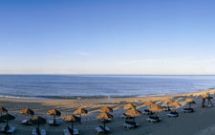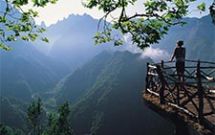A Visit to Braga
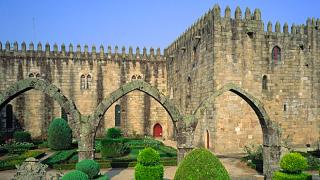
Don't miss
- watch the night-time Procession of Senhor Ecce Homo during the Holy Week Celebrations
- visit the Bracara Augusta event
- visit the Peneda-Gerês National Park
- visit the S. Bento da Porta Aberta Sanctuary or the Nossa Senhora da Abadia Sanctuary.
Braga is a lively city, one of the oldest in the country, and is teeming with young people who study at its universities.
Built more than 2,000 years ago, “Bracara Augusta” was, as the name indicates, founded by Augustus; it was located on one of the main Roman roads in the Iberian Peninsula, since it was the administrative seat of the Empire, and later given the status of capital of the Roman province of Gallaecia, present-day Galicia, by Emperor Caracalla. The Braga Diocese is the oldest in Portugal and, in the Middle Ages, the city even competed with Santiago de Compostela in power and importance. One of the Camiños de Santiago passed through here, when this pilgrimage cult grew with the Christian reconquest and the foundation of Portugal.
Braga’s Cathedral is also the oldest in the country and was built in the 12th century by the parents of Portugal’s first King, D. Henrique and D. Teresa, who are buried there. Braga is to this day one of the country’s main religious centres, having the Holy Week Celebrations and the São João Festival as the highlights in its liturgical and tourist calendar.
Besides the Tesouro-Museu da Sé (Cathedral Treasure Museum), it is worth visiting the Biscainhos Museum, housed in a Baroque palace, a landmark period in the history of Braga, and the D. Diogo de Sousa Archaeological Museum, since the city also abounds in remains from the Roman era. We suggest a leisurely stroll around the historic centre to visit some of the many churches, admire the houses and historical buildings, such as the Palácio do Raio, the Theatro Circo, the Arco da Porta Nova, and to have a coffee at the emblematic Brasileira with a view of the busy Avenida Central. But Braga is considered the youngest city in Portugal and, from its contemporary landmarks, the Braga Municipal Stadium stands out, designed by Souto Moura, one of the most prestigious Portuguese architects and winner of the Pritzker Prize. The University and the quality of contemporary architecture have instilled an atmosphere of youthful vibrancy which has brought this ancient city an unexpected modernity.
Every visitor to Braga must see the Bom Jesus Sanctuary, a city icon, with its monumental staircase. Amid an expanse of greenery, it offers an excellent panoramic view of the city, as do two other churches nearby: Nossa Senhora do Sameiro Sanctuary, an important place of Marian worship, and Santa Maria da Falperra Church. Outside the historic centre, São Martinho de Tibães Monastery and S. Frutuoso de Montélios Chapel also warrant a visit for their beauty and historical significance. In the Peneda-Gerês National Park, there are water sports at the Rio Caldo marina , a footpath marked by Roman milestones designated Geira Romana, wild horses and a multitude of botanical species that make it a very special natural place.
In terms of gastronomy, codfish prepared in the Braga, Narcisa or Minho styles has to be inevitably mentioned, as well as roast kid and Pudim Abade de Priscos (crème caramel with bacon). Bracara Augusta, in the last weekend of May, is an event that recreates the Roman era, with a period market, a military camp, parades and traditional cuisine. Night-life, in this city of students, is not to be missed, as there’s some form of entertainment for everyone.


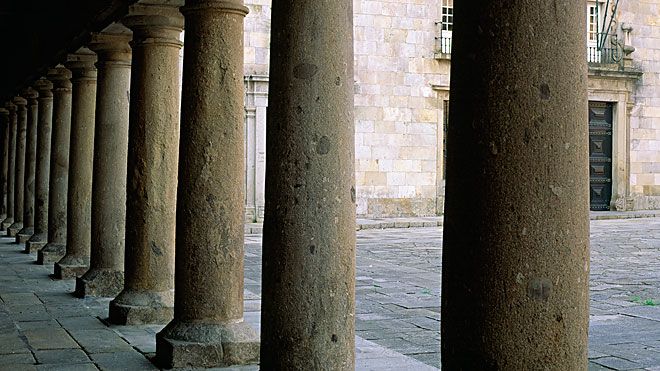





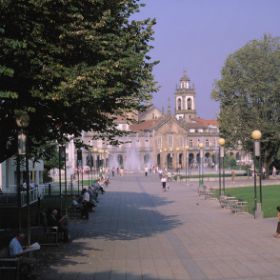
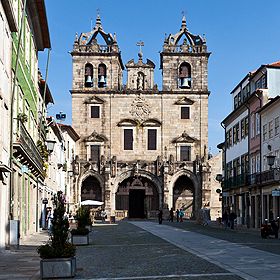
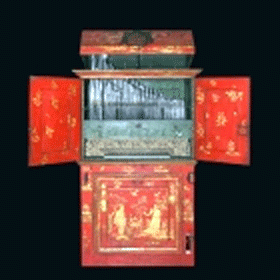
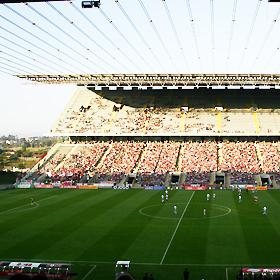
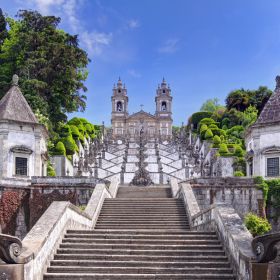
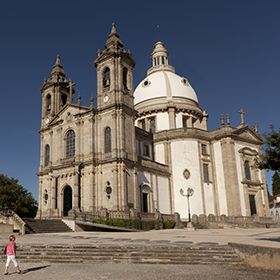
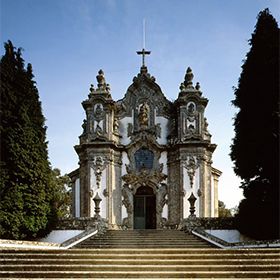

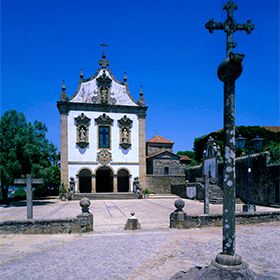

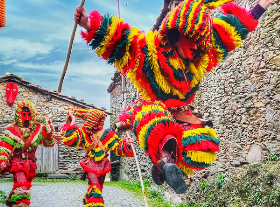
 Explore
Explore 
 Remember and Share
Remember and Share 

